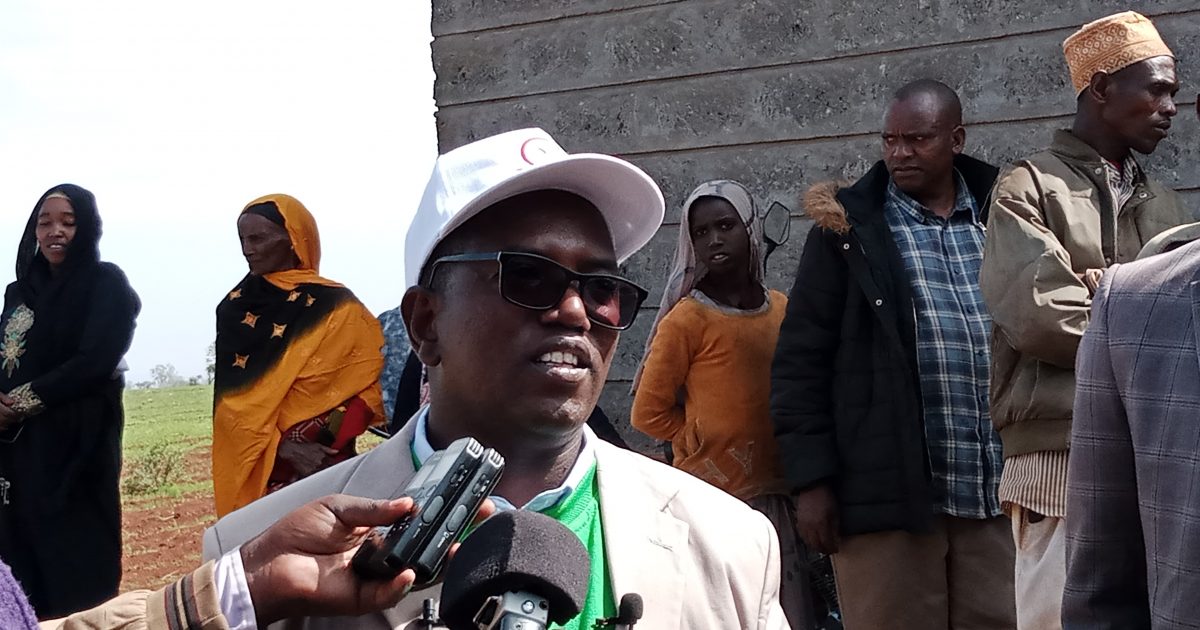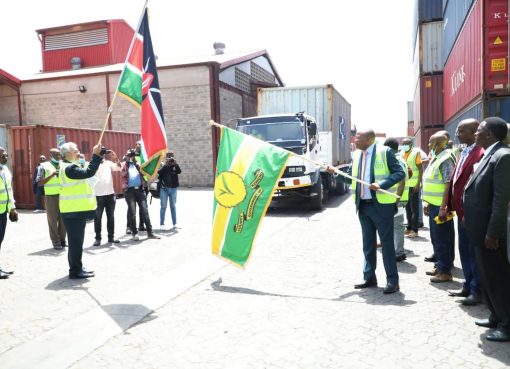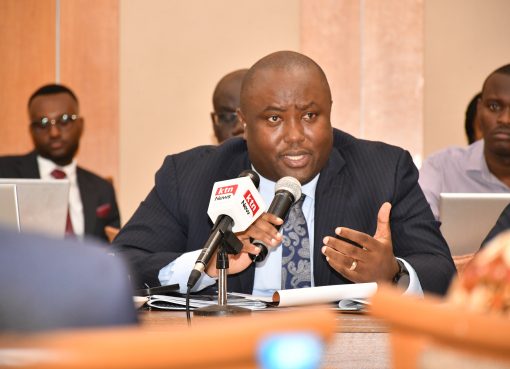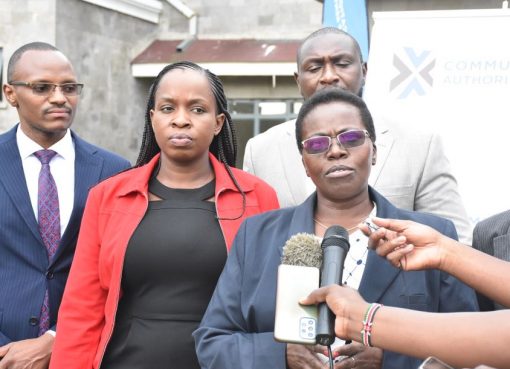Marsabit County is among ten regions set to benefit from a Sh9.5 billion agriculture transformation project aimed at tackling poverty and making the rural poor food secure.
The Kenya Livestock Commercialization Project (KelCop) is a six-year venture funded by the government of Kenya and the International Fund for Agricultural Development (IFAD).
The project is a major component in the country’s vision 2030 development plan and is aimed at realizing the much sought government’s transformative agenda in the agricultural sector in order to create wealth and ensure food and nutrition security for Kenyans.
Marsabit County Executive member for Agriculture, Livestock and Fisheries Hussein Ali said that extension services to enhance capacity of the poor pastoralist households at the village level will be a key factor in the program
Ali added that value addition and marketing structures would be developed in order to ensure that the venture was successful.
Speaking during the launch of the project at Dub-Goba village in Saku constituency Ali said that 9,120 households are targeted with 41,039 expected to benefit from the program in four wards across the county.
The project which is visible in all the four constituencies of Moyale, Saku, Laisamis and North Horr will be implemented in Golbo ward (Moyale), Sagante/Jardesa ward (Saku), Kargi/South Horr ward (Laisamis) and Maikona ward (North Horr).
During the occasion that was presided over by Marsabit Deputy Governor Solomon Gubo and officials from KelCop offices in Nakuru among other dignitaries, it was outlined that the program would focus on activities that were capable of creating employment and food security for women, youth and marginalized segments of the society.
The project coordinator for Marsabit Galm Waqo said the project would be seeking to commercialize value chains for small stock where the target households are empowered to rear goats and sheep for meat and dairy goats.
Waqo further said that other families would be supported to engage in indigenous poultry and bee keeping, economic activities not only profitable to the small scale farmers but friendly to the environment.
“This project is aiming at improving opportunities for the rural poor to enable them to increase outputs and access markets so that they can build resilience,” he said, adding that training will be offered to the small-scale farmers would enable them to increase their income.
The coordinator said that rearing goats and sheep for commercial purposes will not only enhance food security but would also offer economic independence to women, youth and the marginalized.
Deputy Governor Gubo termed the project as strategic saying that climate smart production enables farmers at the village level to engage in profitable keeping of small stocks within the homestead environment as opposed to huge herds of livestock.
Gubo asked local pastoralist communities to consider reducing the large number of livestock that they keep owing to effects of climate change which has adversely affected the sustainability of grazing resources.
He observed that there has hardly been any pasture regeneration and recharge of water sources due to prolonged drought, a situation which has immensely reduced the land carrying capacity in the county.
The DG asked the management and coordination units of the project to ensure a seamless targeting of the beneficiaries of the grant in order to make the project realize its objectives.
The other benefiting counties include Samburu, Nakuru, Busia, Baringo, and Elgeyo Marakwet.
By Sebastian Miriti





